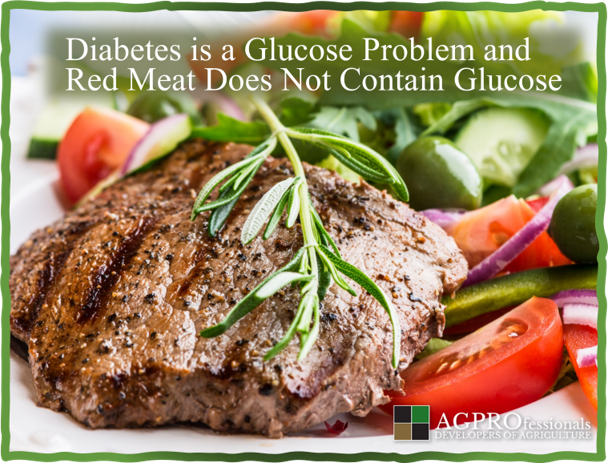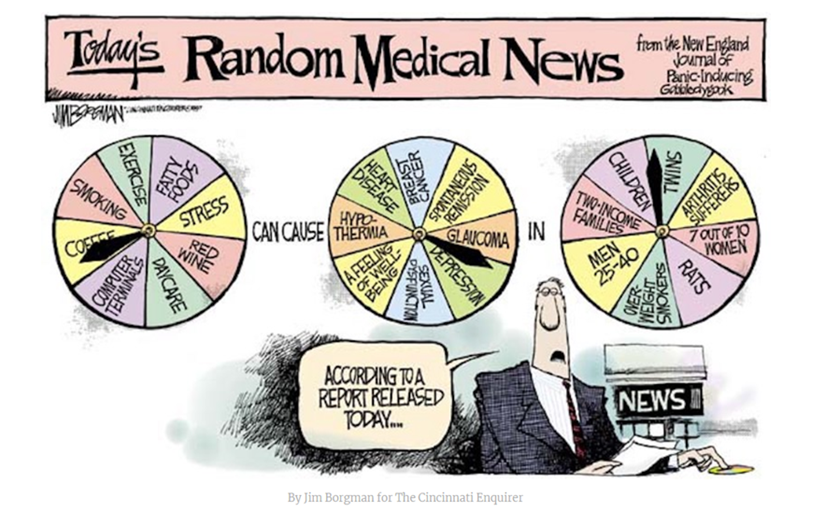Diabetes is a Glucose Problem, and Red Meat Does Not Contain Glucose
Harvard University’s T.H. Chan’s School of Public Health, recently published a study titled, Red meat intake and risk of type 2 diabetes in a prospective cohort study of United States females and males (2023). The study concluded: “Our study supports current dietary recommendations for limiting consumption of red meat intake and emphasizes the importance of different alternative sources of protein for T2D prevention.”
Diabetes is a disease where the human body is unable to manage glucose. Red meat does not contain glucose. However, carbohydrates such as buns, rolls, bread, french fries, and soda that are often consumed with red meat do contain glucose.
Epidemiological Studies Have a Bad Track Record
The methodology utilized in the study is called epidemiology. It has been defined as the study of the determinants, occurrence, and distribution of health and disease in a defined population. Overall, epidemiology, when rigorously tested in clinical trials, has a very low accuracy rate of only 0 to 20%.
In an article titled, ‘The Problem with Observational Studies (Epidemiology)’ (Nobbs 2021), the author states,
“The flip-flopping of mainstream dietary advice is largely explained by an over-reliance on what are called observational studies. Also known as cohort studies or nutritional epidemiology, these types of studies show correlation, but not causation, creating endless interesting hypotheses and few definitive answers.
The results of observational studies form the foundation of today’s nutrition policy, driving most of the dietary advice from the American Heart Association, World Health Organization, and US Dietary Guidelines. They also lead to attention-grabbing headlines that prove difficult to erase from our collective conscious.”
“The results of observational studies show correlation, not causation; they make catchy headlines, but are not causative evidence.”


